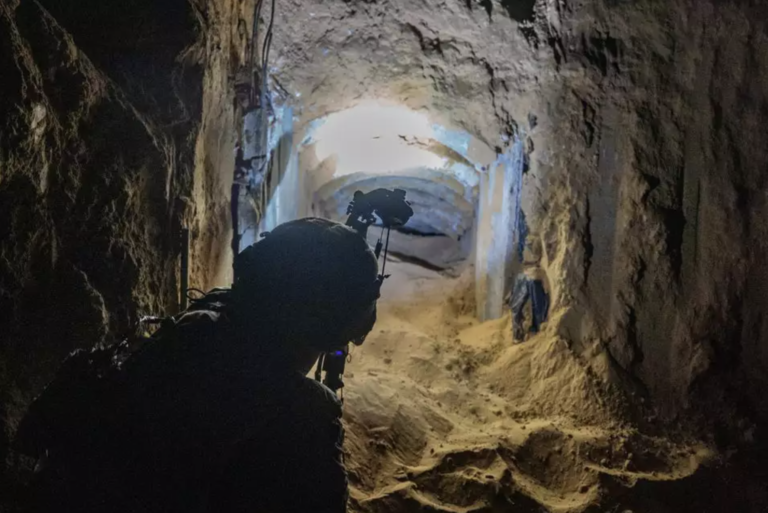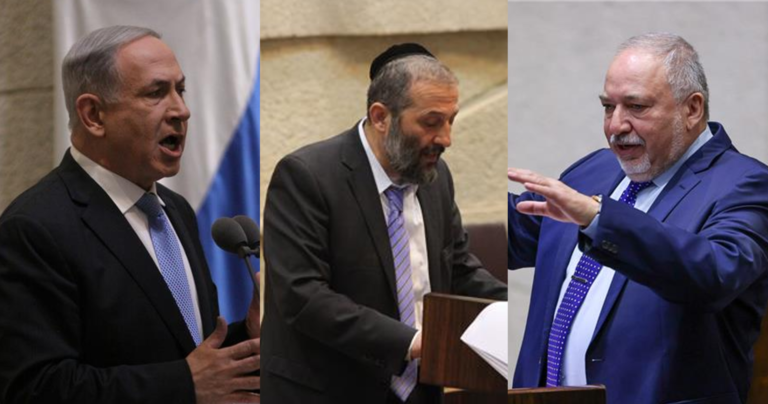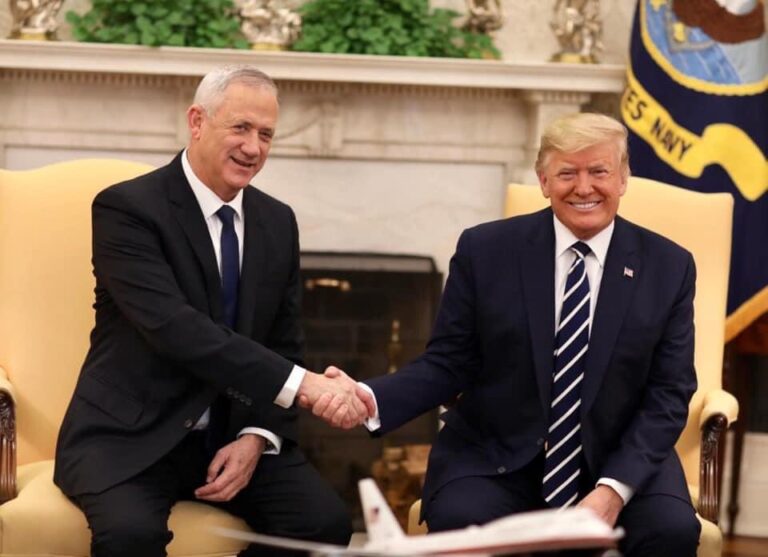In the third week of Operation Gideon’s Chariots B, much earlier than planned, IDF soldiers positioned themselves near a building under which, as they knew, a dark tunnel began. At the end of the tunnel sat Hamas leader Izz al-Din al-Haddad, surrounded by hostages. By coincidence—or not—this was exactly the moment al-Haddad agreed to a plan that no one believed he would accept.
Since then, some in the IDF have felt that the military missed an opportunity, similar to what senior IDF officials felt in 1982 when they watched Yasser Arafat leave Beirut at the end of the siege through the barrel of their rifles. But in Beirut, Arafat wasn’t holding hostages as human shields.
Now, the authority he created, a master of murderers, is supposedly returning to the center of attention in Gaza. Israel made three concessions regarding the Palestinian issue, all symbolic or hypothetical. First, a principle of future recognition of Palestinians as partners, subject to the Trump plan conditions—in short, if they become like the Swiss. Second, that the Emiratis will enter Gaza at the invitation of the Palestinian Authority. Third, the principle of a single Palestinian political framework in Judea, Samaria, and Gaza.
Finance Minister Bezalel Smotrich opposes each proposal because it implies recognition of another entity between the river and the sea. Ron Dermer and Benjamin Netanyahu, however, believe the main innovation is not that the PA will control Gaza, but that the new framework in Gaza will also apply in Judea and Samaria in such a case.
In the cabinet, Netanyahu and Dermer explained that what matters in Gaza is not a symbolic presence, but who controls the military forces. The PA will have a representative there, but the police will not leave their posts and will receive instructions from a Western-controlled body. Other ministers are more concerned: they are receiving reports on promises made by Tony Blair, the new Gaza’s “governor,” that anyone who received salaries under Hamas governance will also be recruited to the new authority.
“Did we fight to establish a Hamas-backed body funded by the PA?” they asked. Netanyahu replied that the Palestinians can always dream, but Israel will not allow it.
The same logic applies to a Qatari and Turkish presence in the strip, which deeply disturbs Jerusalem. They cannot be expelled from Gaza, but they can be prevented from sending armed forces there. Either way, the Turks and Qataris are already in Gaza in the form of money and civil organizations. If anything, as Muslim Brotherhood affiliates, perhaps it’s preferable to have Hamas’ original source.
The above is an excerpt from my Shabbat column in Israel Hayom.









